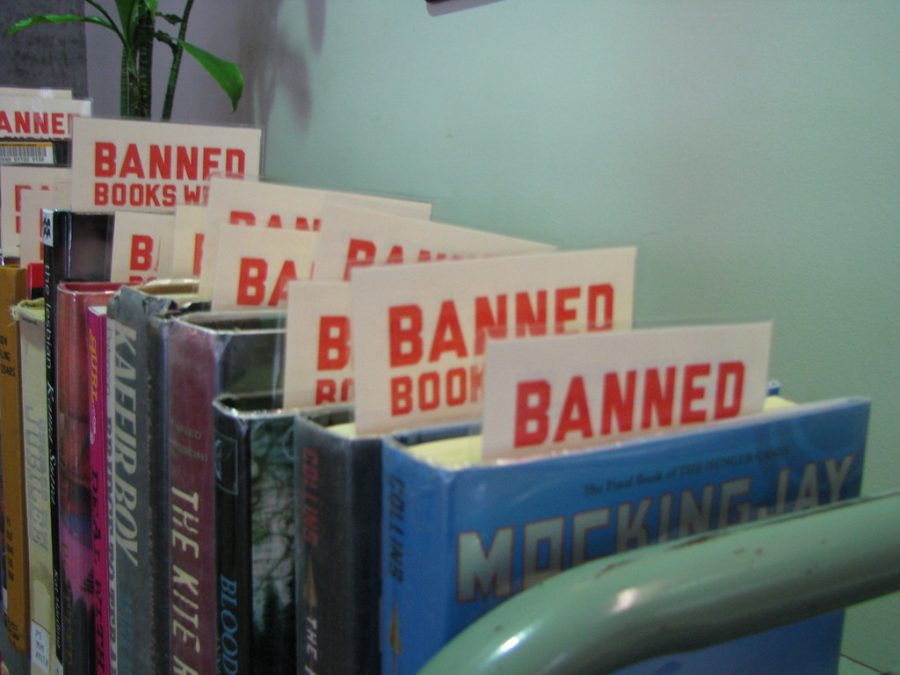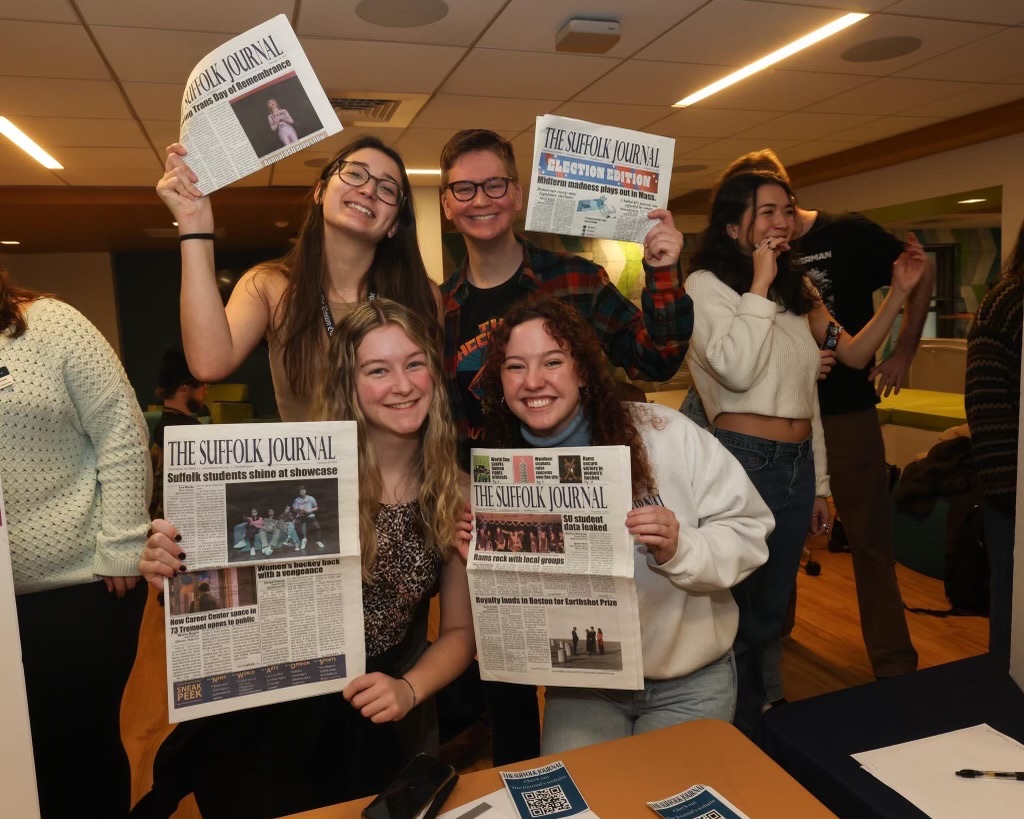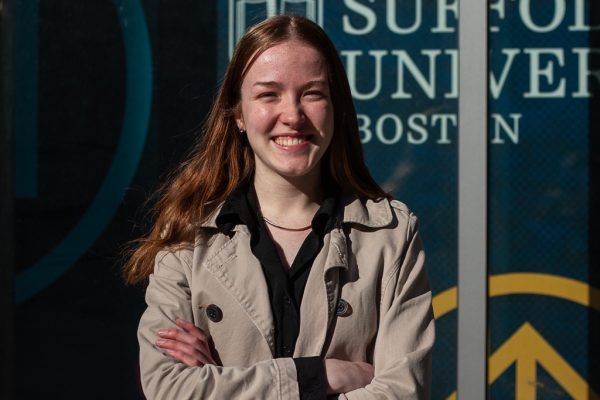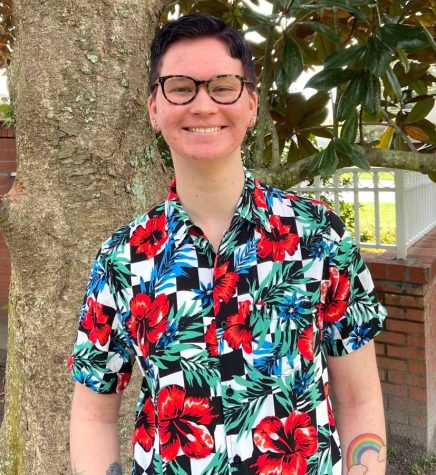“You never really understand a person until you consider things from his point of view — until you climb into his skin and walk around in it.”
This quote, written by Harper Lee in her 1960 novel “To Kill a Mockingbird,” rings true to this day. And yet, books that allow us to do just that are being banned across the nation.
The American Library Association reported 1,269 attempted book bans across the nation in 2022, the highest number in over two decades and nearly double the amount in 2021. In these attempts, 2,571 titles were threatened, with an overwhelming majority “written by or about members of the LGBTQIA+ community and people of color,” according to the ALA.
At its core, book banning is censorship. By taking these titles out of schools and off library shelves, we are limiting what can be learned and known, stripping representation from marginalized and underrepresented communities and preventing the next generation from learning about diversity, acceptance and empathy.
I am a white woman. Within my privilege, there are many perspectives and experiences that I will never be able to fully understand because they are not mine. But understanding and empathy are very different things. One of the largest forces in my journey of gaining empathy for and appreciation of different cultures, backgrounds, experiences and perspectives is literature.
For me, reading books like “Beloved,” “To Kill a Mockingbird,” “The Poet X,” “The Hate U Give” and “Gender Queer,” accompanied with the conversations about them with my teachers, parents and classmates, taught me how to be open-minded and empathetic to people different than me. They made me realize both how far we as a society have to go, and how much potential we have.
These books are not comfortable. They are not relaxing beach reads. But they are not supposed to be. They are supposed to shock you. They are supposed to make you think. They are supposed to make you uncomfortable because you should be uncomfortable. You should be uncomfortable with the atrocities of both our past and present. This discomfort is how we make change for the future.
The other side of these novels is for the children whose identities are represented in these books. Growing up, I was lucky enough to have protagonists in the books I read and the media I consumed that looked like me. This representation is so vital because it shows children the potential they have to be whoever they want to be and shows how people just like them are forces for good in their communities and society at large.
In the final pages of her now highly-challenged novel “Beloved,” Toni Morrison wrote, “This is not a story to pass on.” These stories, such as the one told by Morrison of the generational damage and trauma caused by slavery and racism, are ones that we need to read, discuss and bring to light. By erasing these stories, and trying to block out the ugly truths of our nation’s past, we are limiting our ability to learn from them.
Without coming to terms with our past, there will be no change for the future.
The road to a society of equity is not a linear one, nor is it an easy one. I will not claim that literature is the simple fix because it is not. But one of the first steps along the way is continuing to foster a culture of acceptance, understanding and empathy in the children of our nation. Let them know the truth of the world they are inheriting. Teach them through stories and conversations that our differences make us stronger, not weaker. This is how we move forward.











Kevin halpin • Apr 19, 2023 at 8:57 pm
Great article